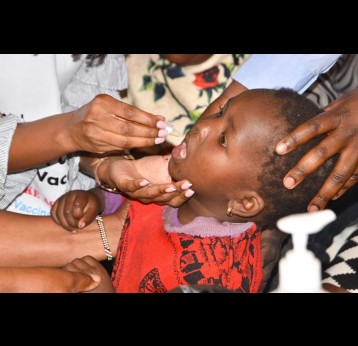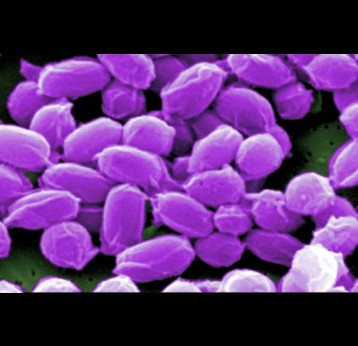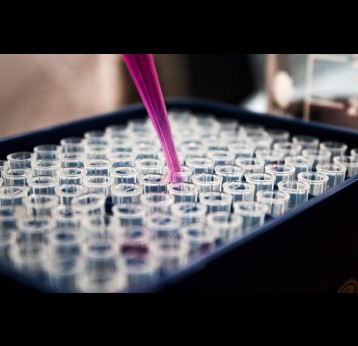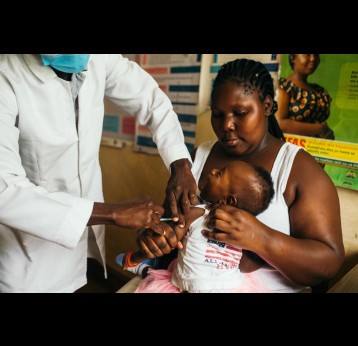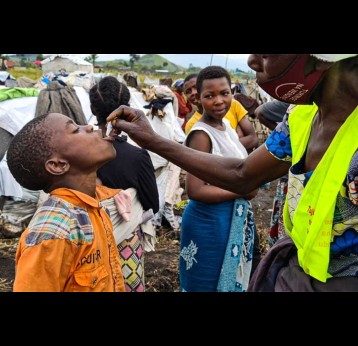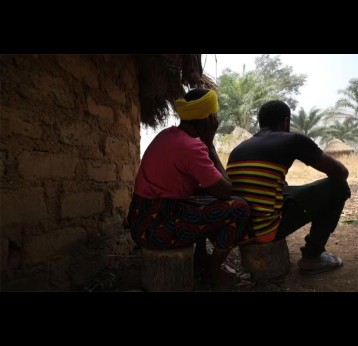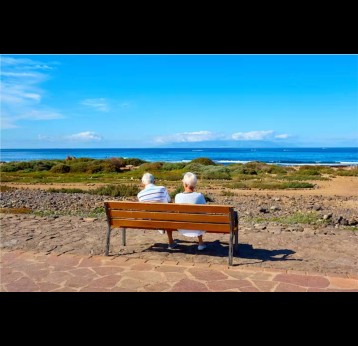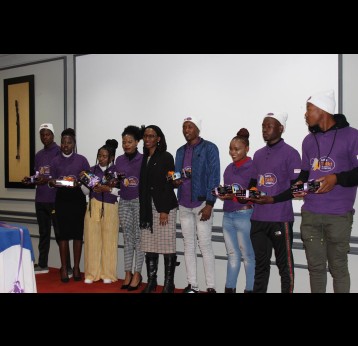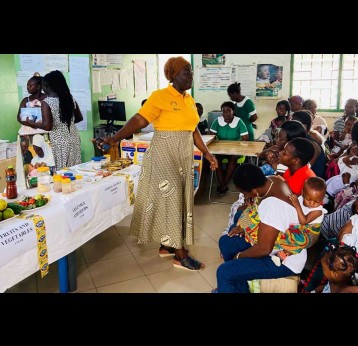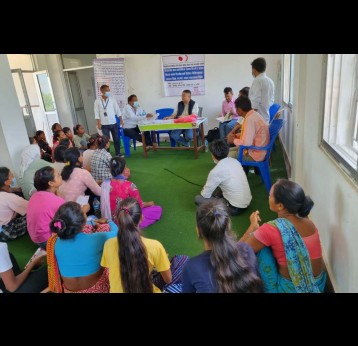View by type:
Articles (4206)
Kenya cholera vaccine campaign smashes target, but climate change boosts risk
104.5% of the target group were immunised in an August campaign but, amid erratic weather conditions, the threat of cholera remains one to take seriously.
Anthrax vaccine funding urged amid West Africa outbreak
Anthrax outbreak in West Africa underscores vital need for funding vaccinations.
New polio detection method could enable faster vaccine responses
A pilot study in the Democratic Republic of Congo suggests the method could roughly halve detection times.
"Malaria isn’t so big of an issue now, thanks to the vaccine”
In Kenya’s Lakeside and coastal districts, wet ground and wet weather spur seasonal malaria outbreaks. But the RTS,S vaccine may be prompting a sea-change, Kang-Chun Cheng learned in Kisumu.
Standing Strong and Brave, Amid Strife
In this photo essay photographer Guerchom Ndebo and the WHO’s Eugene Kabambi capture resilience and community effort in the DRC’s IDP camps.
Patriarchal traditions undermine healthcare in Nigeria
Nigerian women ensure they get the best possible healthcare by managing unequal power relations with men.
Polio Eradication Through Innovation
Today, the world is closer than ever to eradicating an ancient disease thanks to proven tools and brand-new innovations.
The order in which you acquire diseases could affect your life expectancy – new research
A new study by Swansea University in the UK shows that the order a person develops certain conditions could affect their impact on longevity. The researchers explain why.
As Lesotho steps up its efforts to curb rates of teen pregnancy, young mothers warn against dumping the responsibility for a complex social and health issue on girls alone.
Meet the award-winning nurse from Ghana advocating for women
Rukaya Mumuni’s work in Ghana, including efforts to end cervical cancer and introduce the HPV vaccine, is gaining attention.
This summer’s top five health podcasts
Whether you are soaking up the sun by the sea or dozing through your first rainy commute back from holiday, here are five great health podcasts to get stuck into before summer ends and life begins to speed up again.
Nepali community burdened with high rates of sickle-cell anaemia seek support
Half a century ago, sickle-cell genes made the indigenous Tharu people robust against falciparum malaria. But their present-day descendants are paying a health penalty.

